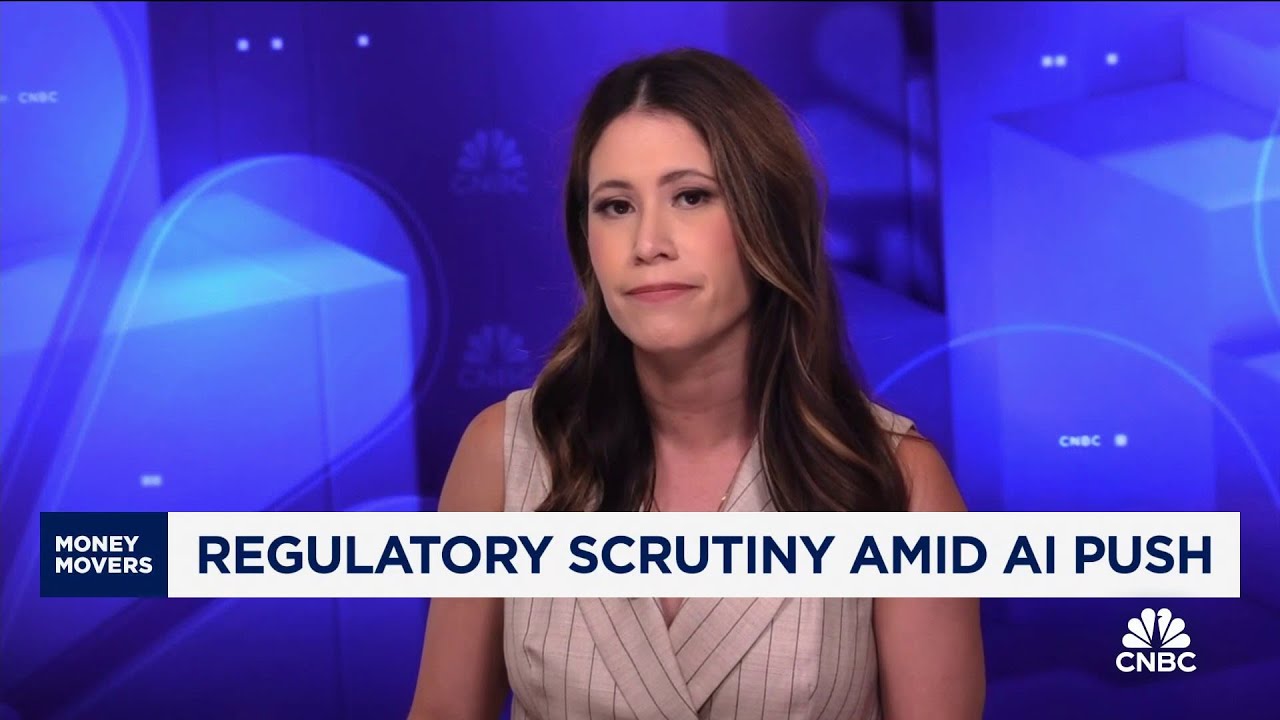Google has expanded its AI search overviews to six more countries, enhancing user experience with direct links and source websites, while positioning itself as a leader in the AI space amidst regulatory scrutiny. The company’s strategy focuses on integrating its services through generative AI, complicating potential breakup scenarios, and responding to regulatory pressures, particularly in Europe.
In a recent update, Google has announced the rollout of its AI search overviews to six additional countries, marking a significant expansion of its AI capabilities. This move comes amidst ongoing regulatory scrutiny and discussions about a potential breakup of the tech giant. Despite these challenges, Google continues to operate as usual and is positioning itself as a leader in the AI space, contrasting its previous reputation as an AI laggard.
The company is adopting a more experimental approach, akin to startups like OpenAI, by actively building and showcasing new products and features. The updated AI overviews will now display source websites on the right side and include direct links within the technology, enhancing user experience. This rollout is seen as a strategic advantage for Google, as it has outpaced competitors like Apple and OpenAI in delivering on-device AI assistants and features.
Google’s overarching strategy involves deeper integration of its various services, including search, cloud, streaming, and smartphones, all tied together by generative AI. This integration was prominently featured at the recent “Made by Google” event, where the focus shifted from hardware, such as Pixel smartphones, to how the company is merging its hardware and software services. This interconnectedness complicates any potential breakup of the company, as the various units are closely linked.
The threat of a breakup has created uncertainty among investors, impacting Google’s stock performance compared to other major tech companies. The regulatory landscape, particularly in Europe, has led to friction and frustration for both users and tech giants, as companies navigate the challenges posed by aggressive regulatory actions. Google, like other tech firms, has responded by withholding certain products from the EU market in light of these pressures.
Additionally, there are indications that regulatory changes may be on the horizon, particularly with the reported stepping down of the EU’s chief antitrust official, who has been known for her stringent stance on big tech. This shift could signal a potential easing of the regulatory environment, which has seen significant fines and structural changes imposed on major tech companies over the past decade. The evolving landscape will be explored further in the upcoming “Tech Check Weekly” segment. CNBC’s Deirdre Bosa reports on Google’s first-to-market AI.
